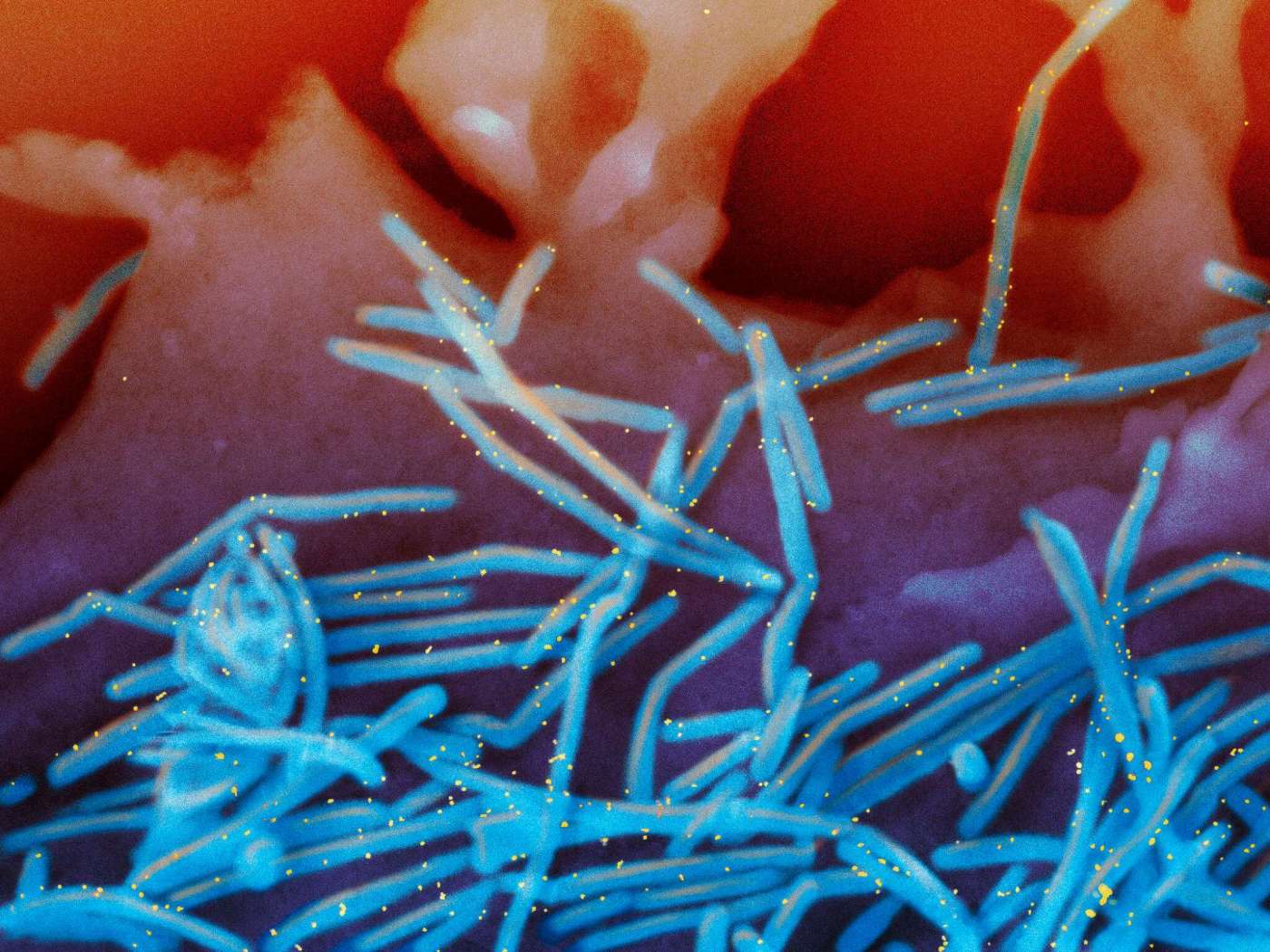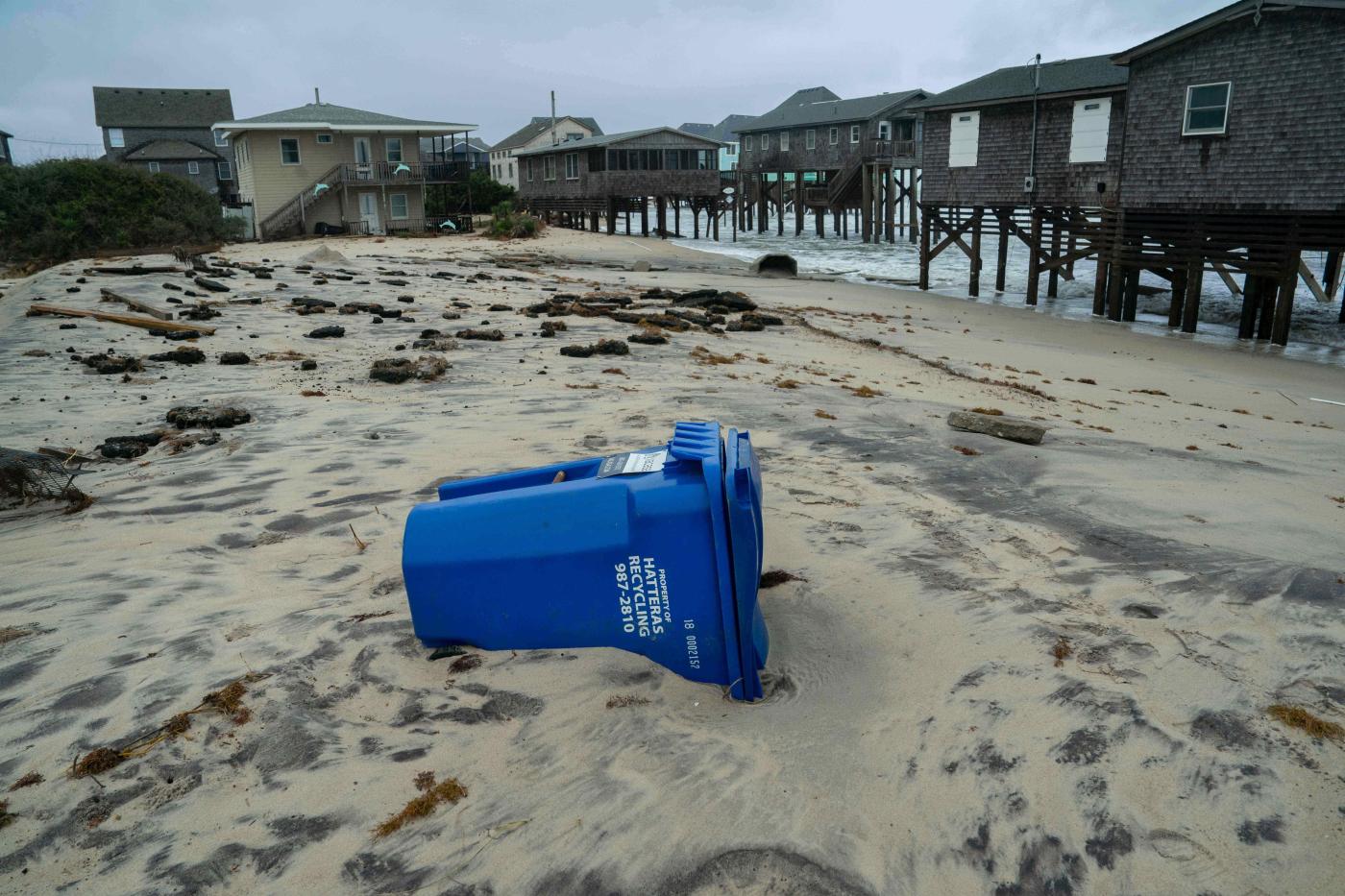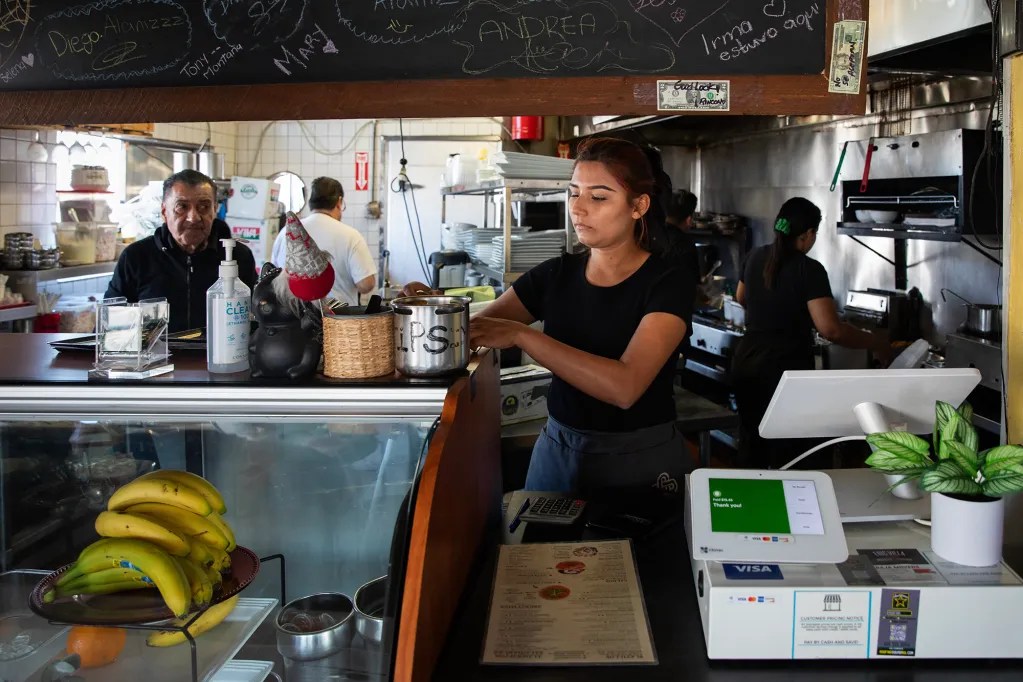Heading into the winter respiratory virus season, Kaiser Permanente has begun offering a relatively new vaccine to certain expecting moms to help protect their newborns against respiratory syncytial virus, or RSV.
Although the virus usually causes only mild, cold-like symptoms, RSV can be particularly dangerous for infants, with 2-to-3 out of every 100 babies under 6 months old hospitalized annually, according to federal health officials.
Related Articles
With CDC signoff, CVS says Covid-19 vaccines will be available nationwide without a prescription
Acting CDC director, citing Trump directive, calls for MMR shot to be split into three despite no evidence of benefit
CDC stops recommending COVID-19 shots for all, leaves decision to patients
CDC recommends patients consult a health care provider for Covid-19 vaccination
New coronavirus approach shows promise in study, California scientists say
“It is one of the most common causes of hospitalization for infants under two years of life,” said Dr. Jenny Vesona-Murray, a local obstetrics and gynecology specialist at Kaiser Permanente Santa Rosa Medical Center.
Vesona-Murray explained that RSV can cause lower respiratory tract infections. Adults, she said, have the ability to “cough it up” and deal with the discomfort.
“But infants can’t do that,” she said. “You can see it when they’re trying to feed or they can’t breathe because they have a stuffed up nose. They haven’t yet learned to breathe through their mouth and nose at the same time, so they can’t clear the virus from the bottom of their lungs. They can’t cough it up.”
Kaiser, the North Bay’s largest primary care provider, has been administering the single-dose RSV vaccine, Abrysvo, to pregnant patients for the past three years, Vesona-Murray said. Current federal guidelines do not recommend the vaccine if a mother has received it in a previous pregnancy.
Last year, prenatal Abrysvo vaccinations, along with immunizations given to infants using the monoclonal antibody medication called nirsevimab, have resulted in an estimated 50% decline in the number of child hospitalizations at Kaiser Permanente hospitals in Northern California.
The health care giant says it vaccinated more than 9,000 pregnant patients in Northern California, a 67% increase from 2023.
“This vaccine has been welcomed and enthusiastically accepted by patients thus far, and for good reason,” Versona-Murray said.
Dr. Karen Smith, Sonoma County’s interim health officer, said the vaccine schedule for RSV is somewhat complicated because not everyone needs it. The Abrysvo vaccine is given to pregnant women in their third trimester, specifically between 32 and 36 weeks of gestation, so babies can acquire “strong antibodies.”
“This is especially important for for babies that are born as we approach or are in the respiratory virus season,” she said.
Kaiser Permanente began administering the vaccine to pregnant moms on Sept. 1 and will continue through Jan. 31, said Vesona-Murray. Moms eligible for the vaccine through Kaiser, she said, include anyone who is between the “gestational age of 32 weeks and zero days and 36 weeks and six days” who does not have a planned delivery within two weeks of receiving the vaccine.
Giving the vaccine to expecting moms within two weeks of their delivery does not give them enough time to form the antibodies required to give the baby “passive immunity.” Vesona-Murray said she had a patient who was 34 weeks pregnant and was eligible for the vaccine.
But the baby, she said, had to be delivered a week later.
Instead, the mom’s baby was given a dose of the monoclonal antibody nirsevimab at delivery. She said mothers are given the choice of either being given the prenatal RSV vaccine or the monoclonal antibody.
“It allows mom a choice,” She said. “Do you want to get this vaccine — this vaccine that doesn’t cross the placenta — so that you form immunity that is passed to the baby, instead of giving a pharmacological immunity to the baby once the baby’s born? Which way would you prefer to protect your baby from RSV during RSV season.?”
Vesona-Murray, who is the responsible for Kaiser Permanente’s local outpatient prenatal care, said the the health care giant’s vaccine guidance is based on rigorous scientific study. The U.S. Food and Drug Administration approved the RSV vaccine during pregnancy in 2023.
She said current guidance is based on studies like the large global study, known as MATISSE (Maternal Immunization Study for Safety and Efficacy), which involved more than 7,000 pregnant participants from multiple socioeconomic classes and nations.
Vesona-Murray said guidelines for the RSV vaccine are very strict and based on available studies and research. The vaccine is only given once.
“The reason for that is we don’t have data on giving it multiple times,” she said. “So, we know that it’s safe once and it should be given to a mom.”
Vesona-Murray, who has a large obstetrics practice in Santa Rosa, said she has no problem helping expecting moms get over any vaccine skepticism they may have once she starts talking about its benefits.
“In my own personal experience, patients who are skeptical about vaccines, they want this one,” she said.
RSV vaccines are not recommended for healthy adults, said Dr. Karen Smith, the county health officer.
However, it is recommended for people 75 and older, due to their risk of severe illness. It’s also recommended for people over 50 who have some underlying health issues, particularly heart disease, lung diseases or anyone who’s had an organ transplant — things that compromise their immune system.
You can reach Staff Writer Martin Espinoza at 707-521-5213 or [email protected]. On Twitter @pressreno.





